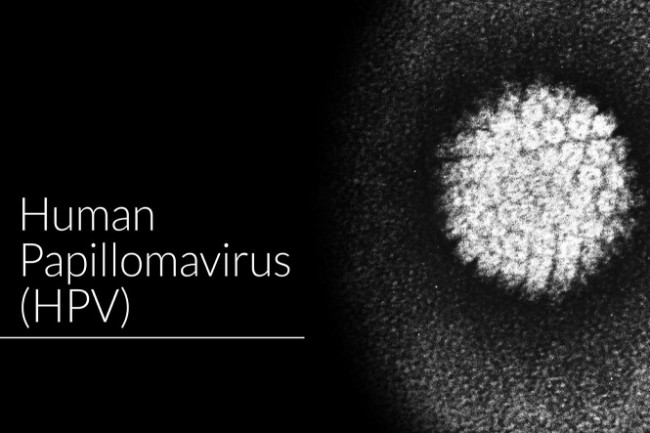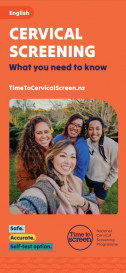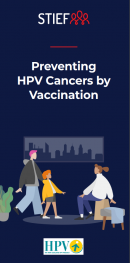Testing for the presence of HPV is not available as part of a sexual health or a routine check-up. This is because the available HPV tests don't check for ALL the HPV types and often the virus is present at levels that are not detectable by testing.
But, for cervical cancer prevention, there is an HPV test that can detect the presence of high-risk types of HPV. Over 95% of cervical cancer is caused by HPV, so it's important to be screened. This is called HPV primary screening.
Wāhine/women and people with a cervix aged 25 to 69 who have had intimate skin-to-skin contact, or any sexual activity, no matter their sexual orientation are encouraged to have this test.
 (external link)
(external link) 








